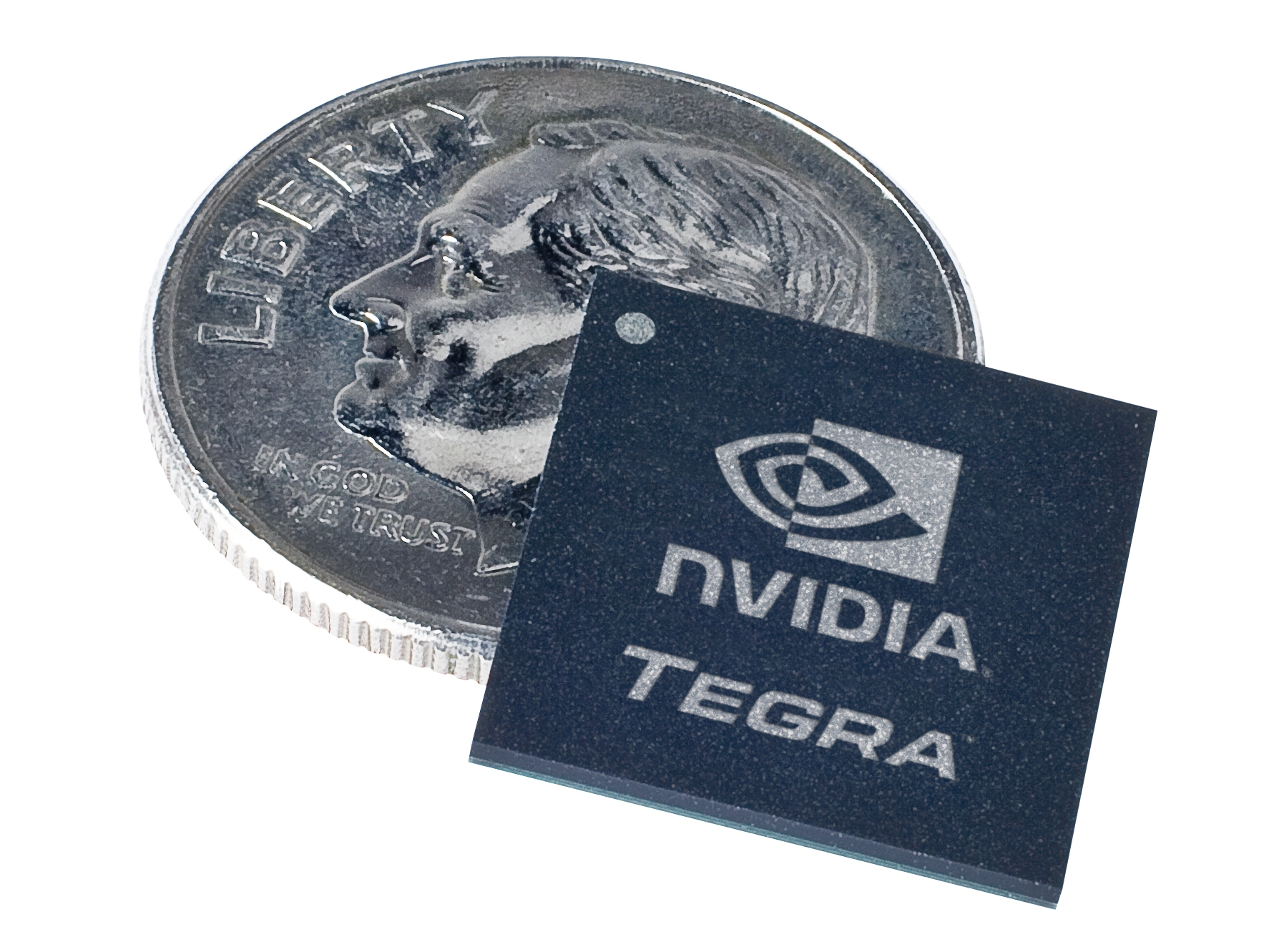Nvidia VP claims that 'Moore's law is dead'
"Like adding wings to trains..."

Nvidia VP Bill Dally has claimed that "Moore's law is dead" and declares that ground-up parallel processing is the future of computing.
Moore's law describes that trend for computing performance – processing speed, memory capacity and the like - to double approximately every two years, named after Intel co-founder Gordon E. Moore, who first outlined his theory back in 1965.
Moore's law is over?
However, writing a guest column for Forbes magazine this month, Nvidia man VP Bill Dally thinks that "Moore's law is dead."
Dally says that dual, quad- and hex-core solutions are becoming increasingly inefficient and likens multi-core chips to "trying to build an airplane by putting wings on a train."
Instead, Nvidia feels that its own approach – ground-up parallel solutions made for increased energy efficiency – is the answer.
Energy efficiency is key
Get daily insight, inspiration and deals in your inbox
Sign up for breaking news, reviews, opinion, top tech deals, and more.
"Going forward, the critical need is to build energy-efficient parallel computers, sometimes called throughput computers, in which many processing cores, each optimized for efficiency, not serial speed, work together on the solution of a problem," Dally writes.
"A fundamental advantage of parallel computers is that they efficiently turn more transistors into more performance. Doubling the number of processors causes many programs to go twice as fast. In contrast, doubling the number of transistors in a serial CPU results in a very modest increase in performance–at a tremendous expense in energy."
Nvidia's own CUDA architecture is already found in GeForce, ION, Quadro and Tesla GPUs.
"The path toward parallel computing will not be easy. After 40 years of serial programming, there is enormous resistance to change, since it requires a break with longstanding practices. Converting the enormous volume of existing serial programs to run in parallel is a formidable task, and one that is made even more difficult by the scarcity of programmers trained in parallel programming," the Nvidia man continues.
"The good news is that there is a way out of this crisis. Parallel computing can resurrect Moore's Law and provide a platform for future economic growth and commercial innovation. The challenge is for the computing industry to drop practices that have been in use for decades and adapt to this new platform."
Via Forbes
